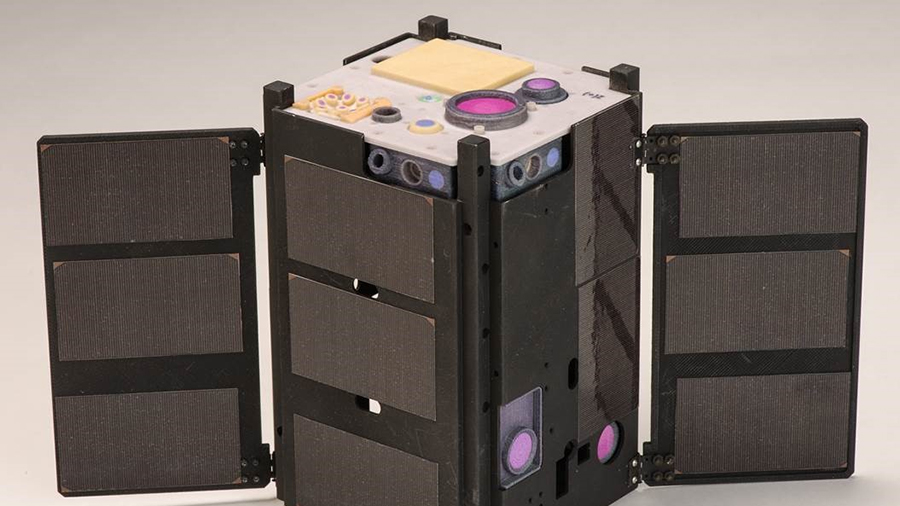NASA gets ready to test broadband from space
Netflix on the moon?

Sign up for breaking news, reviews, opinion, top tech deals, and more.
You are now subscribed
Your newsletter sign-up was successful
NASA's compact CubeSats have phoned home to confirm they're in orbit and ready to start communicating with Earth - and that means the space agency can begin testing the viability of getting broadband to and from space.
You won't be able to ditch Sky or BT for NASA anytime soon, unfortunately, but this is another significant step towards a fully functioning system that could eventually provide downloads speeds of 200Mb/s for the people of our planet.
The CubeSat network isn't the first broadband satellite communications system NASA has tested, but it provides faster speeds with smaller hardware. These satellites could eventually enable super-fast data transfers between people on Earth and astronauts in space.
Testing, testing
The likes of Facebook and Google are also busy building networks with drones and balloons that stay just inside the Earth's atmosphere. What makes NASA's initiative interesting is just how accurate and small these CubeSats are: the satellites measure just 10cm (about 4 inches) square.
This same technology has many potential uses: deep-space communication, for example, and ensuring that spacecraft in orbit are correctly aligned and dock successfully with each other. NASA says the CubeSats will be "driving exploration" in the coming years.
Over the next few months NASA is going to test the satellites' ability to communicate with Earth and with each other, while another batch of CubeSats are scheduled to head out of the atmosphere next February.
Via The Register
Sign up for breaking news, reviews, opinion, top tech deals, and more.

Dave is a freelance tech journalist who has been writing about gadgets, apps and the web for more than two decades. Based out of Stockport, England, on TechRadar you'll find him covering news, features and reviews, particularly for phones, tablets and wearables. Working to ensure our breaking news coverage is the best in the business over weekends, David also has bylines at Gizmodo, T3, PopSci and a few other places besides, as well as being many years editing the likes of PC Explorer and The Hardware Handbook.